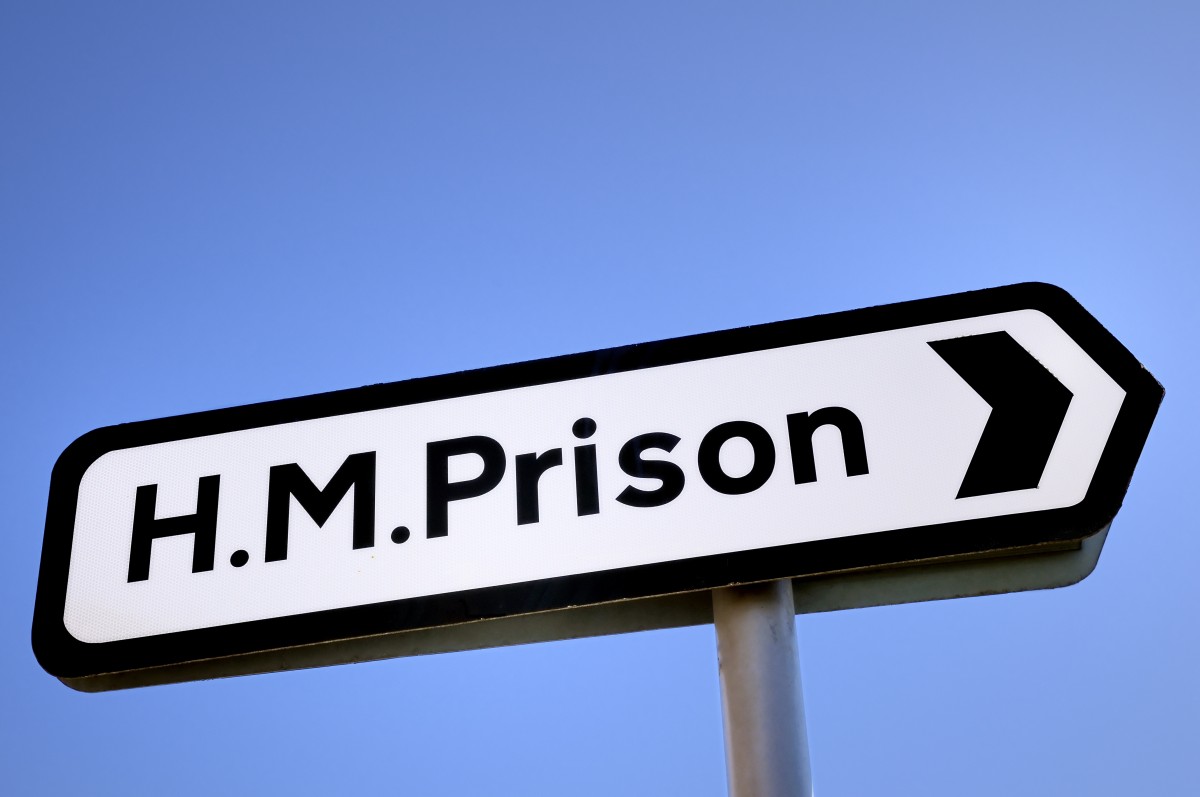When the UK’s lockdown began at the end of March, several calls for the decarceration of prisons and detention centres in the UK and across the world had already been made in the name of public health – as a core strategy to save lives and slow the spread of COVID-19. But as of 27 April 2020, just 33 prisoners had been released.
Guidance on prison releases was recently published by The Prison Service detailing the government’s response to the COVID-19 pandemic and its impact on the UK’s prison population.
There are approximately 81,500 prisoners in England and Wales and about 33,000 staff working in public-sector prisons. While there have only been 321 confirmed cases of coronavirus in UK prisons, there are concerns that figures may be much higher due to the lack of testing carried out on staff and prisoners.
Only 33 prisoners have been released since the beginning of lockdown
On April 4th, the Ministry of Justice announced via a press release that the Prison Service planned to release 4,000 prisoners who were within two months of their release date. Thus far the Ministry of Justice has failed to deliver on its promise.
End of Custody Temporary Release (ECTR), a measure to release those within two months of their release date, was introduced as part of an effort to limit and contain the spread of the virus within the prison estate. However, the justice secretary Robert Buckland has told the House of Commons only 33 prisoners have been released under the government’s emergency powers.
The policy criteria for prisoner release was summarised by The Prison Reform Trust, which also details that ‘‘not everyone who meets the criteria above has to be released’ and that ‘prisoners can be excluded for other reasons.” The Prison Reform Trust summarised:
There are some other more general exclusions set by policy. Prisoners must:
i. Not be serving a sentence for a Covid-19-related offence, for example an offence under the Coronavirus Act 2020 or a conviction for theft of medical supplies intended to tackle Covid-19
ii. Have suitable accommodation to be released to and charging and maintenance of any devices to support electronic monitoring
iii. Not be subject to any outstanding charges
iv. Not to have any pre-existing health conditions including Covid-19 related illnesses
v. Fundamentally, they must not present a level of risk of harm, reoffending, failure to return or other significant challenge that cannot reasonably be managed in the community.
The criteria suggests that those who do not meet the conditions above are not eligible for ECTR. The likelihood is that many prisoners do not meet the conditions, particularly when it comes to having adequate accommodation and healthcare.
It’s important to remember that while prisoners are serving custodial sentences, it is the duty and responsibility of The Prison Service to ensure those healthcare and wellbeing needs are met. To avoid the possibility of a fatal outbreak in prisons, the government must follow through with its initial plans to release those coming to the end of their terms.
The report indicates that a significant threat level remains and if a second wave follows, coupled with flu season from end of September, it’s imperative that the government swiftly introduces plans that include mass testing, PPE for prison staff as well as releasing prisoners under ECTR.
Groups are holding the government to account
After threatening the government with legal action in their response to the handling of prisons in light of COVID-19, Peter Dawson, director of Prison Reform Trust, said: “I understand the disappointment at our decision not to take the government to court. Fundamentally, our case was that we believed the Lord Chancellor was ignoring advice that around 15,000 prisoners needed to be released in the interests of safety. What we have discovered through the action is that the situation is fluid and that the Government’s current position is informed by the public health advice that was published last Friday. Our lawyers have therefore advised that the most effective way forward at this time is to continue to apply pressure.”
On April 29th, Shadow Secretary of State for Justice David Lammy tweeted urging the government to take action to prevent a public health catastrophe over the next 18 months. Lammy also recommended that the justice secretary publish an action plan involving mass testing, tracing, shielding and PPE.
Overcrowded prisons are at high risk of becoming covid-19 hotspots that pump the virus into hospitals and the wider community.
If the prison population grows as fast as this report suggests major outbreaks will be even more likely.https://t.co/xFEiEtQ6Zd
— David Lammy (@DavidLammy) April 29, 2020
While prisons are an area of concern, drug detention centres also pose a major health risk during the pandemic. Overcrowding and lack of hygiene and sanitation means that both staff and prisoners are at greater risk of catching the virus.
Last month, UN experts urged governments to close drug detention centres as part of a human rights-centred approach to tackling the pandemic. Decarceration must be acknowledged across the board in order to effectively combat further outbreaks.


